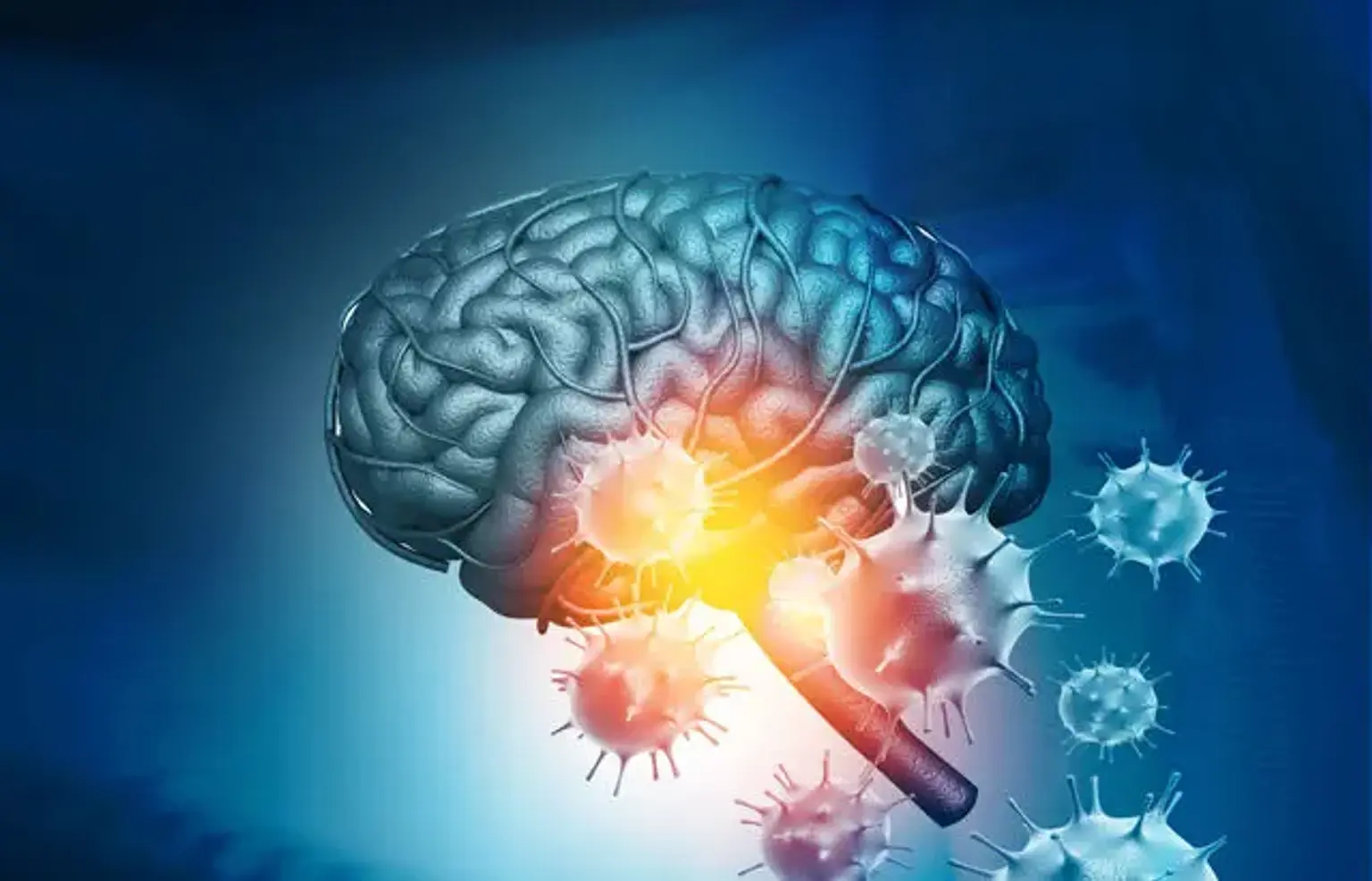Autoimmune encephalitis
Autoimmune encephalitis is a term that refers to a group of disorders in which the body's immune system attacks and inflames the brain. Antibodies are proteins produced by the immune system that mistakenly strikes brain cells. Because inflamed brain tissues don't work correctly, the child might have seizures, mental confusion, or behavioral abnormalities.
Infection or inflammation of the brain can cause long-term damages. Unfortunately, the long-term repercussions of autoimmune encephalitis are impossible to anticipate. Some kids have various severe symptoms but react positively to treatment. Others have less severe symptoms but suffer from epilepsy and experience long-term learning difficulties.
